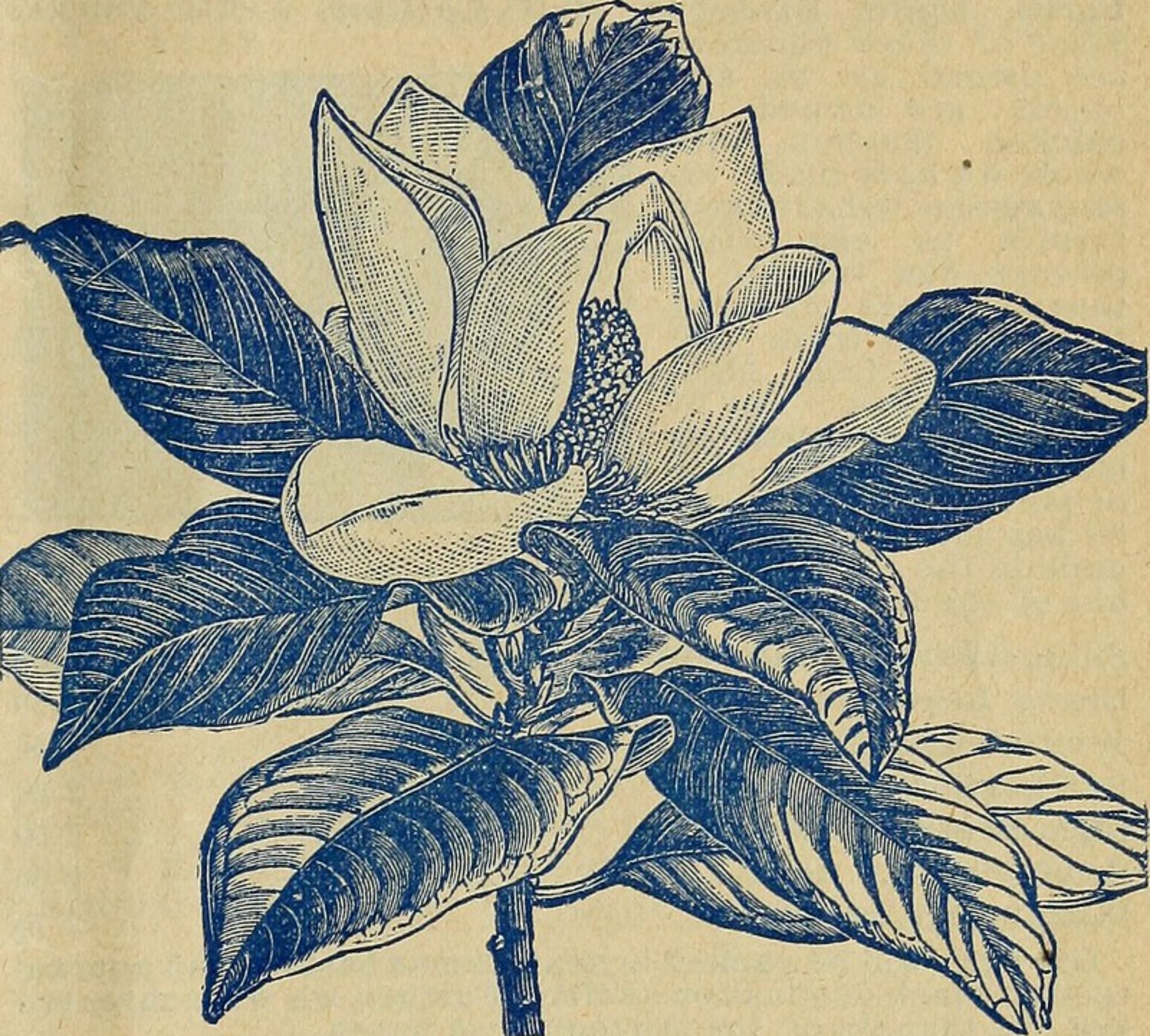Translated from the Kurdish by Tyler Fisher and Haidar Khezri
Town I have a mind to leave this town, to travel far, to go and make myself a stray beyond this world. The tearful rain, the inward cries: my heart and eyes will tell the wider world my sorrows yet unheard. My friends have built themselves a town of broken words, so I will fly to skylines new in fields afar. I am an eagle of the mountains, not a bird enslaved; no decoy in a cage, I mount in flight toward the mountain range. All men to me are strangers, I alone a stray. When all at home seem now unknown, where shall I search? If ever I return to walk this old town’s ways, let blindness dim my views of walls and sky and earth. The land of death is here, the town that holds love’s grave: far better, then, to wander far and save my words.
Longing My Love, for far too long your distance is a drop of longing caught within the hollow of my eye. The sorrow clouds the thirsty furrows of my heart with raven braids and weeping wounds. My Love, your distance has become a gun of grief, that set out with the Mountain, arm in arm, and never to return. Your distance has become a dream, that left to breach the border gates at dawn. Your distance has become the Sufi sage condemned, whose gallows granted joy and death to kiss again. My Love, the sea of fire swells. The border, like a wild dog, howls and bites our heels. At every step the fence is high and long. But I am that lover born anew from bloodshed, shattering their border’s brittle seal with wordless song. My Love, the story of our love enthralls the world, yet we remain apart. The story of our love turned history’s eye to springs of tears and blood, yet still we number centuries, years, and days. My Love, set out, and I will try to join our steps. You call me and I cry, full-throated answers, calls to sever every chain that binds the border’s bones and weave again our scattered nest in Kurdistan, and weave again our scattered nest as home.
Convict In the square, the hangmen raise a gallows tree. They bray. Their spindles spin whatever lines they want the crowd to catch. They say: The convict’s crime is having parched the people’s slumber, and the penalty for this, in keeping with the Fundamental Constitution, is, to dull the people’s eyes with fear, the gallows tree. They say: The convict’s crime is having poked volcanoes’ sleeping craters, stirring tremors, quakes, convulsions, bringing back the mountain’s song to soothe the labor of this virgin homeland. At midnight … At midnight … In a death-row cell, the convict ponders morning. In a room awash with dreams in Sorrow Town, a woman threads her memories one by one, as on a necklace for her baby yet unborn. In the fearful square, the cops and dogs together howled. In court, the functionaries wove the convict’s shroud, while Brother Convict’s epileptic clock went grinding through the night atremble. The time of their arrival had arrived: Judge and Mullah, Police and Executioner arrived. They said: Take this pen, and draft your will. The convict asked: May I send my greetings to the mountain? Impossible, they said. So the convict willed his gun to the morning. They roused and raised the gallows tree. The sleepy square awoke. In the empty room, the woman’s teardrop streaked her yellow cheek. The slipknot shrieked. The convict rose toward the heavens. The mountain cloudbanks churned. The woman screamed in labor, and the child of the morning faced the world.
Jalal Malaksha (1951-2020), a leading Kurdish author, activist, translator, and journalist, was born in Eastern/Iranian Kurdistan. Following the Islamic Revolution, he devoted his time to Kurdish literature, language, and culture. He worked in the Salah al-Din Ayubi publishing house in Iran’s West Azerbaijan Province, where he also served on the editorial board of Sirwa Magazine, one of the only Kurdish magazines allowed in Iran. Later, fleeing to Iraqi Kurdistan to escape a prison sentence, Malaksha edited the literary journal Pirshang.
Renowned for his poetry, Malaksha’s works include an anthology of short stories and his collected poetry in Kurdish and Persian (2014), the latter of which required a seven-year process to obtain official permission to publish. For his political and cultural activities, he endured multiple incarcerations, of which he said, “There is no prison left in Iran on whose walls I have not written.”
Tyler Fisher completed his doctorate in Medieval and Modern Languages at Magdalen College, University of Oxford. He is now an Associate Professor in UCF’s Department of Modern Languages and Literatures, where he directs UCF’s Latin American Studies degree. With Haidar Khezri, he has published collaborative translations of Kurdish poetry in The Bangalore Review, The Brooklyn Rail, and Poet Lore.
Following his PhD in Comparative Literature at Damascus University, Haidar Khezri has taught at universities in Iran, Syria, Turkey, and the US. In 2019, he became the University of Central Florida’s first Assistant Professor of Arabic, a key role for building the university’s capacity to teach Middle Eastern languages and cultures. With Tyler Fisher, he has published collaborative translations of Kurdish poetry in The Bangalore Review, The Brooklyn Rail, and Poet Lore.
